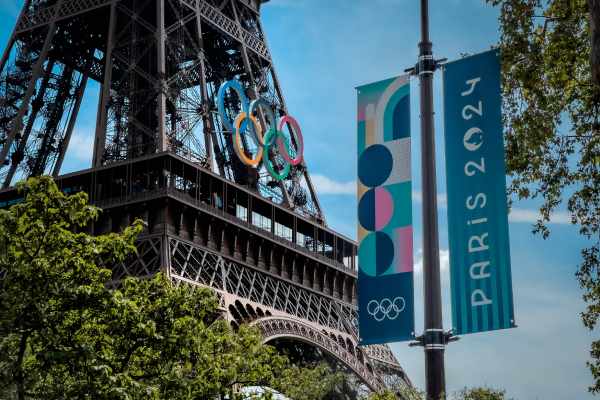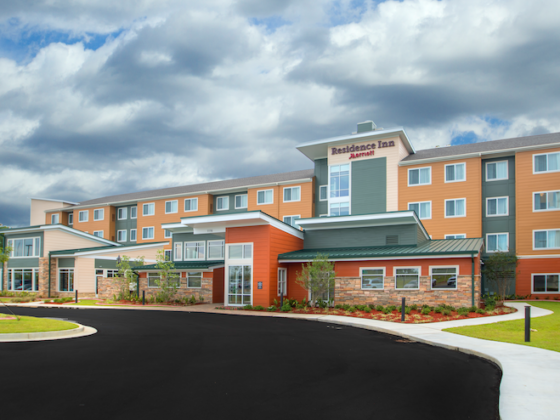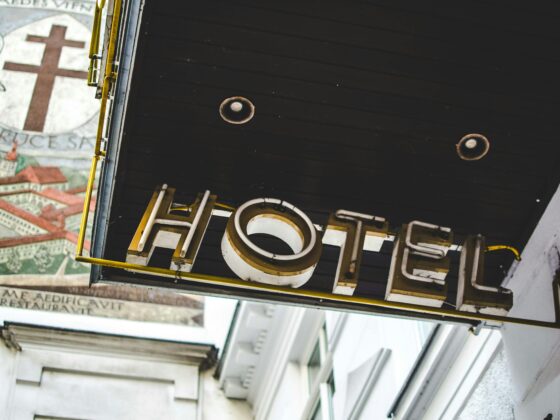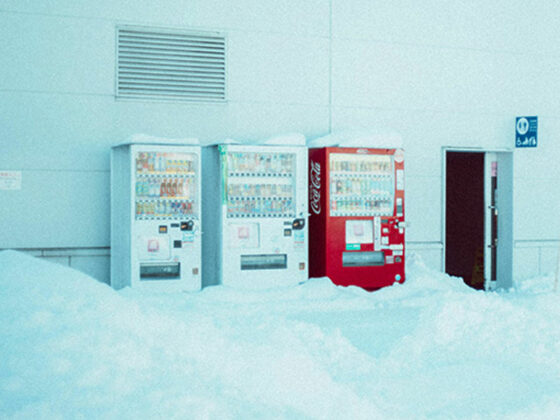Hotel room rates in Paris soared to an all-time high, fueled by the Summer Olympics held in the City of Light between July 26 to August 11. The city recorded its highest ADR on the opening night (Friday, July 26) at €876.26, showed data from CoStar. RevPAR also touched a record €765.85, rocketing by 179.3%, on the first day of the mega sports event.
The following four nights also saw room rates surging above €800. ADR hovered above the €700 mark for the rest of the event period. Room rate surged 141% YOY, while RevPAR grew by 200% during the event period, STR said.
Paris’ earlier recorded nightly ADR high was recorded in June 2023 (€622), CoStar’s data revealed.
While ADR and RevPAR growth outperformed what was seen during the 2012 Olympics in London, at the same time, occupancy increased by 24.1% in Paris, which was a lower growth that what was seen in London.
“This was expected, however, due to displaced ‘normal’ demand – such as inbound international arrivals, domestic travel and group business,” said Samantha Mardkhah, STR’s regional manager for Southern and Western Europe.
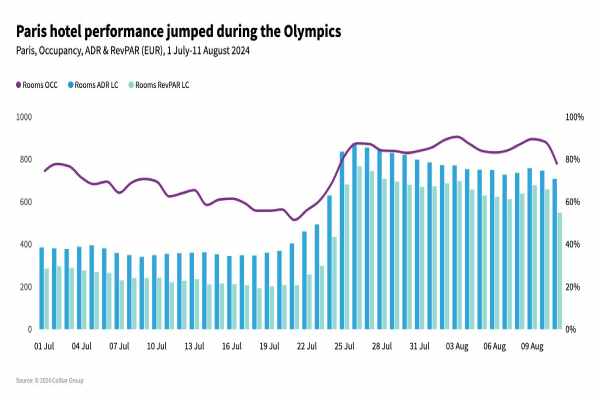
The Olympics also had a major impact on hotel performance on the Île-de-France region, where some of the competitions were held. Similar to Paris, the region recorded its highest daily occupancy (79.7%) on the night of 28 gold medal events (August 3), which represented a 43.1% increase YOY.
Île-de-France’s highest ADR was posted on the opening night (+133% to €281.90), while the highest RevPAR level was recorded on Thursday, August 1 (197.5% to €219.33).
“In hindsight, the anticipated panic that Paris would be overcrowded throughout the Olympics quickly faded, perhaps in favor of other French markets, such as Marseille, which saw occupancy levels reach as high as 83%,” Mardkhah said. “Lille saw an 82% lift in occupancy, averaging at 70% during the Olympic period, which drove a 147% increase in RevPAR.”
The Paralympics, set to be held between August 28 and September 8, is also expected to boost occupancy in Paris, with hotel bookings currently running at an average of 49.7%.
In the weeks leading to the Olympics, the Paris hotel industry was bracing for a disappointing summer as tourists turned their backs to the French capital amid fears of overcrowding, high prices and stringent security measures. Hotel rates were hiked for the entire duration of the event period and had been further increased, as a result of the hike in tourist tax, Oxford Economics mentioned in a report. Airlines had also warned that the event may lead to significant losses. Air France-KLM had said that the event may result in a drop in revenues of up to €180 million. Delta, the U.S. airline with the highest number of flights to Paris, estimated a $100 million revenue loss this summer as a result of travelers opting to visit Paris after the Olympics concludes.
The event, however, turned out to be successful. About 11.2 million people visitors (primarily consisting of tourists, day visitors and Île-de-France residents) visited the Greater Paris metropolis between July 23 and August 11, a French news report claimed. The overall volume saw a 4% increase from last year. While majority of the visitors (85%) to the Olympics were French, the U.S., Germany and the U.K. recorded the highest volume of visitors in terms of foreign visitors.
